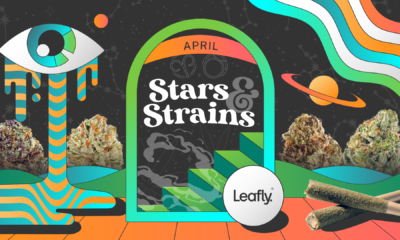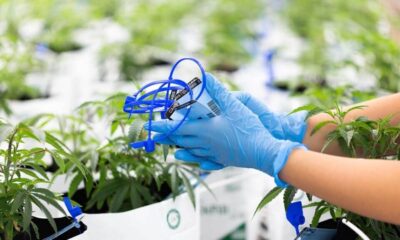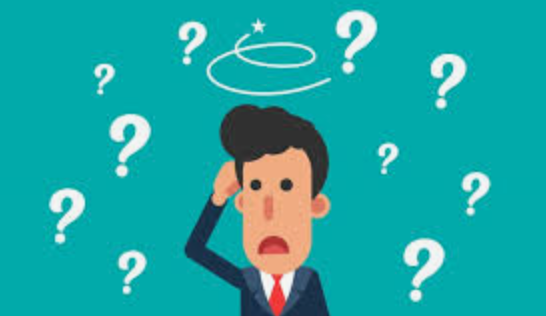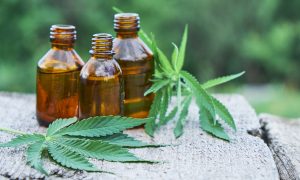Not everyone has access to marijuana to help them sleep – good news, hemp is available.
it’s estimated 50 to 70 million Canadian and American adults experience sleep disorders or disturbances, and about one-third of adults don’t regularly get the recommended amount. Hemp has emerged as a
promising natural remedy for those seeking better sleep. With its calming properties and potential to address various sleep-related issues, hemp-derived products are gaining popularity among individuals looking to improve their rest. Here is how hemp helps you sleep.
RELATED: Mike Johnson And Marijuana
Hemp contains several compounds contributing to better sleep quality. Cannabidiol (CBD), a non-psychoactive component of hemp, has shown potential in promoting relaxation and reducing anxiety, which can often interfere with a good night’s rest. Studies suggest that CBD may help individuals fall asleep faster and experience fewer sleep disturbances throughout the night.
When formulated and used properly, preliminary research and user reports suggest that hemp gummies improve subjective sleep quality. Users of quality hemp sleep gummies report feeling more rested, a better quality of sleep and fewer awakenings in the night. However, clinical research has shown that over consumption of THC negatively impacts the quality of sleep, especially with long term use.
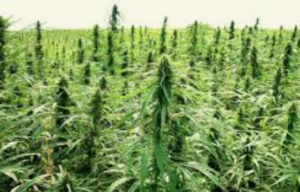
Wana Brands has launched a hemp sleeping product nationally, Mike Hennesy, Vice President of Innovation shared the following about how it works. Naturally hemp-derived sleep gummies contain the same cannabinoids like CBD, CBN, and THC as cannabis or marijuana. These ingredients interact with receptors in the body’s endocannabinoid system, which plays a role in regulating mood, stress, and sleep-wake cycles. For example, CBD may promote relaxation and reduce anxiety, CBN can relieve discomfort and reduce awakenings, while THC can shorten the time it takes to fall asleep, especially at low doses. Together, they may help ease the mind and body into a sleep-ready state.
The best sleep products don’t rely on just one cannabinoid like CBN but instead use a combination of cannabinoids, terpenes, and other sleep-supporting ingredients such as melatonin. This is because the reasons for sleeplessness are multifaceted, and include trouble falling asleep, staying asleep, chronic, pain and anxiety. Each ingredient targets different root causes as well as synergizes with the other cannabinoids and terpenes for the best night sleep.
Longer lasting formulations can actually help reduce awakenings in the night. CBN has been shown in recent research to reduce the number of times you wake up in the night. Combined with other cannabinoids they can synergize to reduce discomfort and anxiety helping consumers stay asleep.
RELATED: Marijuana Use And Guy’s Member
If you do wake up in the middle of the night and can’t fall back asleep products including CBD and CBG to reduce middle of the night anxiety and racing thoughts that can keep us awake, and they have only 1mg of THC so you wake up refreshed and not high in the morning.
For most people, hemp-derived cannabinoids are considered safe and non-intoxicating, with a low risk of dependence. When THC is included in small amounts, it can produce mild effects and can help us fall asleep faster. It generally poses a minimal risk when used in moderation, but there is a potential for dependence if overused, just like with any sleep aid. Adverse events are far more prevalent in pharmaceutical and even over the counter sleep aids than with hemp-derived cannabinoids.
The key is responsible use, including starting with a low dose and taking breaks when needed. If you rely on it every night at high doses, your body may adjust, and it can be habitual. But when used in moderation and with a well-balanced formula, cannabis can be a sustainable part of a healthy sleep routine.

 Cannabis News2 years ago
Cannabis News2 years ago
 One-Hit Wonders2 years ago
One-Hit Wonders2 years ago
 Cannabis 1012 years ago
Cannabis 1012 years ago
 drug testing1 year ago
drug testing1 year ago
 Education2 years ago
Education2 years ago
 Cannabis2 years ago
Cannabis2 years ago
 Marijuana Business Daily2 years ago
Marijuana Business Daily2 years ago
 California2 years ago
California2 years ago





